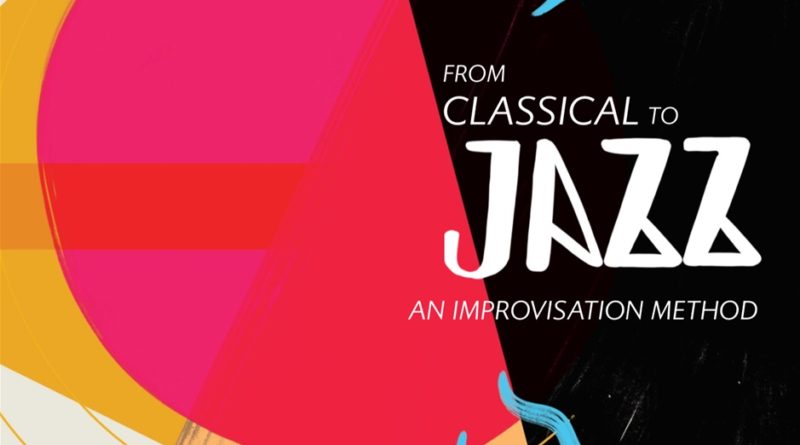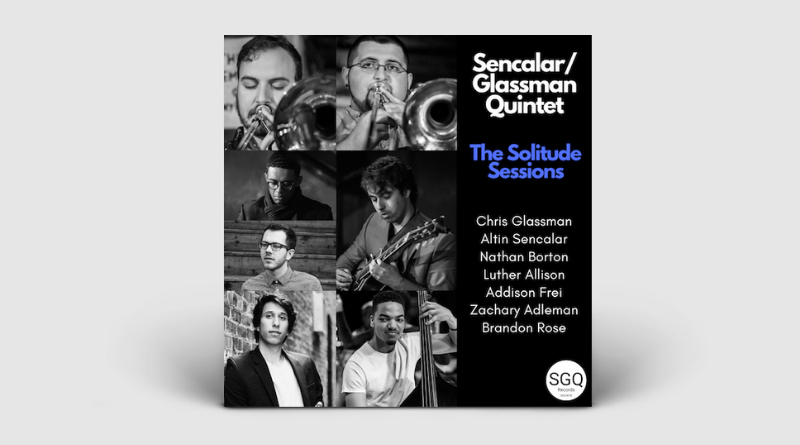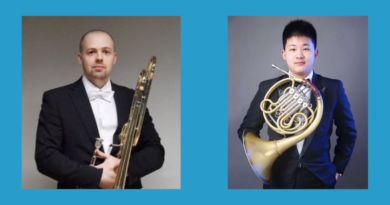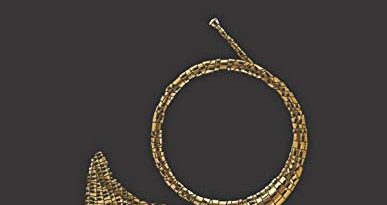Literature Review – From Classical to Jazz: An Improvisation Method by Joshua Pantoja
For a classical musician, learning jazz improvisation can seem to be a daunting task. Many musicians learn scales and arpeggios at an early stage in their musical development, and depending on which road a beginner travels down, the classical musician may only learn their major and minor scales and arpeggios.
The french hornist Joshua Pantoja always wanted to improvise on his instrument. As a classically-trained musician, Pantoja studied at the Juilliard School and the Manhattan School of Music before becoming a member of the Puerto Rico Symphony Orchestra in 2004. In addition to performance, Pantoja is the horn professor at the Puerto Rico Conservatory of Music. Throughout his career, Pantoja studied with many jazz musicians to strengthen his improvising chops.
In 2019, Pantoja published a book that would help bridge the gap for classical musicians wanting to explore improvisation. From Classical to Jazz: An Improvisation Method is a collection of scales, arpeggios, and other musical tools that can train a classical musician to perform in various keys. With over 100 pages of musical patterns plus online practice tracks, Pantoja has created a resource that is based around the circle of fourths chord progression.
Written for the horn player, Pantoja does explain that the book is easily adaptable for other instruments. However, before diving into this method book, it will be important for non-horn players to know their scales (both major and minor), before diving into a specific pattern. If anything, the non-hornist would be able to start their scale based on the key of C and then, from a memorized state, proceed through the rest of the circle of fourths based on the exercise’s pattern.
While musical tools for improvising are clearly displayed in this book, other factors of improvising are not presented. Learning jazz improvisation is very similar to learning a language. The best ways to learn a language include not only the vocabulary but also being able to have a conversation with others and immersing yourself in the culture around that particular language. For jazz, knowing the standards, knowing what to listen for in a tune as well as who to listen to as examples are all key factors in developing those musical language skills. While classical artists may not want to be completely fluent in the jazz language, it is important to know these elements behind developing those qualities.
All in all, this book is a well-thought-out method written by a dually gifted musician. With the addition of some key ingredients, this method could potentially become a valuable resource for any classical (and even jazz) musician.
Click here to purchase the book.
Click here to learn more about Joshua Pantoja.



